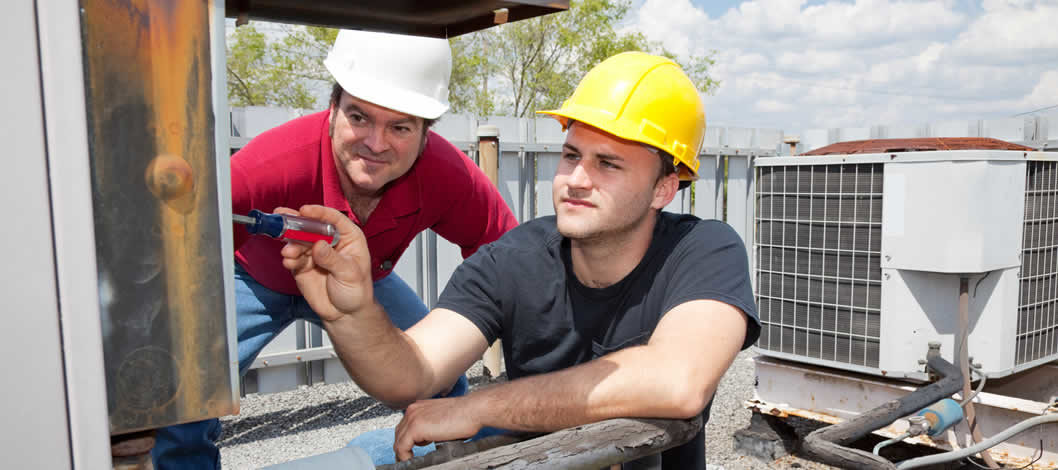Saving money on energy costs may begin with your HVAC unit. Having a certified professional inspect and clean your HVAC system will save you money on energy costs and could help identify problems with your heating and cooling system before it fails completely. This article will look at some of the things you can do to cut costs as well as what an HVAC technician will do when they come to your home.
Save Money on Energy Costs with Regular HVAC Inspections
Not many people give a thought about their heating and cooling system until it stops working. But the fact is, with regular maintenance and inspections your HVAC unit can last for a long time. Regular HVAC inspections can also identify problems with the unit so that it doesn’t stop at the wrong time. Not only that, when you regularly clean and service the HVAC unit it will operate with more energy efficiency which will help to lower your electric bill.
What Does an HVAC Technician Do During an Inspection
There are several items that the HVAC technician will check during a regular inspection. First, they will check the power loads of different components of the unit. Since a higher power load could mean that the component will soon fail this test is very important to locate problems before they actually occur. Many times, a motor will start to use excessive power before seizing and failing. The technician can tell this load is too high and repair or replace the part.
Secondly, they will visually inspect the components of the unit. Sometimes insects and debris can make it’s way into areas of the HVAC unit that is critical to operation. Spiders and ants can wreak havoc on electrical components such as relays and contact switches. The HVAC technician will clean out any insects or other debris during the inspection. This may include sealing any areas that allow the insects access. When some of these component don’t make a good connection it can cause the unit to start and stop frequently. During this time, the unit will use more power during startup causing the energy consumption of the unit to be higher.

A technician will also clean the coils of the unit. Even with regular air filter changes the coils on the inside of the HVAC unit can have dust buildup. Even a small bit of dust on the coils can cause problems with the unit. It can restrict air flow causing fans and blowers to work harder and use more energy. It can also cause the unit to run into a freezing situation where ice starts to build on the coil in severe cases.
Other areas the technician will clean if it’s included in the inspection is the ducts in the home. Cleaning ducts will remove dust from the air ducts in your home and also in the air return. This can also help to identify any problems in the duct work such as air leaks which can rob your HVAC unit of efficiency.
There Are Things You Can Do as a Home Owner
Although most of the items I’ve mentioned above are for a trained HVAC technician there are some things that you can do to help the energy efficiency of your HVAC system. Keep in mind however that you should not remove any electrical panels or air panels from your HVAC system. There are electrical components that should only be serviced by trained professionals and removing panels is extremely dangerous.
Change Your Air Filter
One of the most important things you can do is to change the air filter on your unit. Changing the air filter each month is recommended. Be sure to clean any dust or debris from around where the air filter is located. You can use a vacuum to remove the dust. Your air filter may not seem dirty but small particles could cause it to restrict air flow which means a higher energy costs. Change it monthly for best results.
You can also clean the registers as well. Just like with the air filter you can take a vacuum and remove any dust from the registers and duct. Keeping the registers open is also a good idea. Closing numerous registers or allowing carpet and rugs to block them will cause more energy usage.




